When I got to Montana in late March I realized I had let
myself become a fat boy again over the last year of continuous travel without
regular exercise and rarely going to the gym. Restaurant food will do that to
you. I joined a nearby gym and started there
twice on most days. My experience is that simultaneous trimming down and
lifting weights doesn’t really work well for me. I need to focus on one or the
other, so dedicated my first five weeks in Bozeman to a rather low-calorie diet
combined with extensive gym cardio to the tune of several hours each day. I call the treadmill my reading room.
Within those five weeks I lost about 23 pounds, bringing
myself down from a pudgy 249 pounds to a respectable looking 226 before starting
to pump the iron hard again. It helps to be able to prepare your food yourself,
to not have anyone insisting you eat what she makes and serves you (my mother’s
caregiver Donna), and to have an open airy gym that’s actually pleasant to go
to. But still, losing between 4 and 5
pounds a week for several weeks, I felt like a contestant on America’s Biggest
Loser.
Shortly before I moved I came across an online cookbook oriented
toward the so-called Paleo Diet. I’m not one much for fad diets and don’t
support very low-carb diets like Keto or Adkins that don’t strike me as very
healthy even if people claim to lose weight on them. The Paleo diet bears some
resemblance to these, but is less extreme and to some degree is in congruence
with principles I usually follow when I’m careful about watching what I eat.
The theory behind it is that it’s healthiest to eat a
combination of foods that humans evolved eating though most of their
development before they became pastoralists or cultivators and added dairy and
grains to their diets. Since humans settled down and created vast agricultural
civilizations, they’ve become mostly seed eaters. Natural selection resulted in
most humans having the ability to process a mostly grain-based diet and many
adults to be able to digest milk, but a grain-based diet with a lot of
processed vegetable oils in a modern sedentary lifestyle leads to metabolic
problems like diabetes.
So the gist of Paleo is a focus on meat, poultry, fish,
fruit, vegetables, and nuts while avoiding most grains, processed foods, oils,
and dairy products. This usually results in significant calorie reduction since
the latter set provide most of the calories in modern Western diets. I should point
out that it is not necessarily low card since potatoes, sweet potatoes, beans,
and fruit are permitted on it.
I’ll be honest, though. I didn’t follow it too closely.
Although I avoided cheesy, creamy foods, I continued to consume nonfat milk, yogurt,
and cottage cheese as well as Fiber One cereal for breakfast, but I avoided pizza,
pasta, and most rice-based dishes. Once
I got to my desired weight-loss and started lifting weights again, I mostly
continued to follow the same principles while increasing number of meals I ate
through the day along with portion sizes as I started putting on muscle over
the next two months.
They say a picture is worth a thousand words so about 70,000
words follow on the dishes I created mostly from recipes, a significant number
of which were from Paleo-themed online cookbooks. I’ve arranged them in the
order of soups, salads, poultry, seafood and fish, meat and game, starches, and
finally vegetables. What – no desserts?
No, actually none, at least none that I made myself. Full of starch and
fat and refined sugars combined with other ingredients in various forms,
desserts are poison from a health perspective.

 Bozeman, Montana, United States
Bozeman, Montana, United States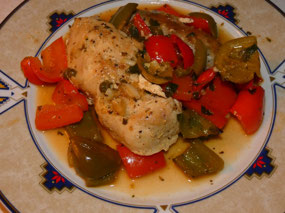
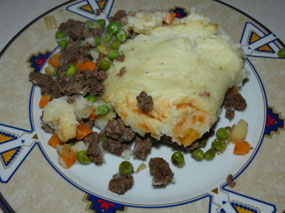
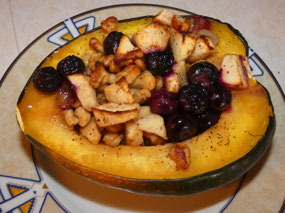

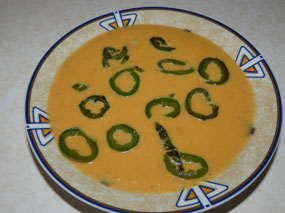
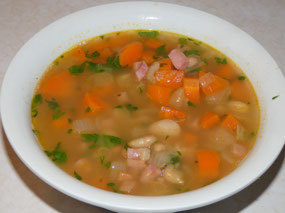
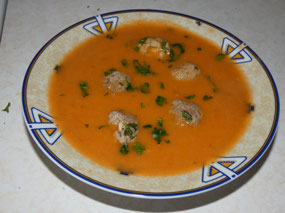
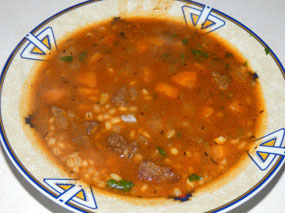
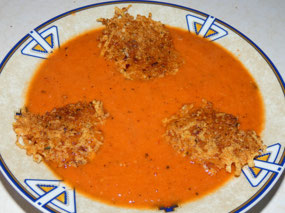
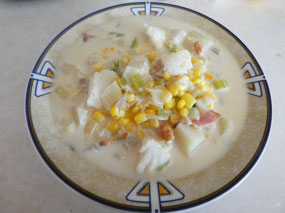
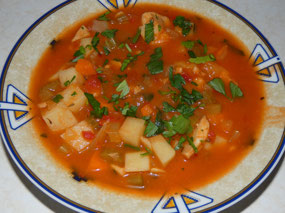
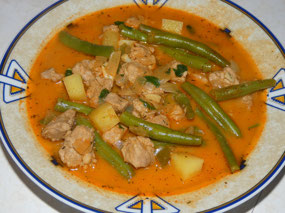
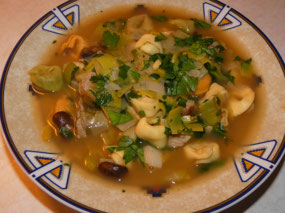
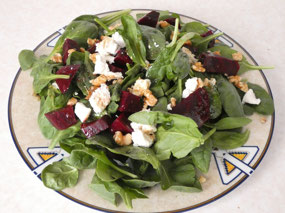
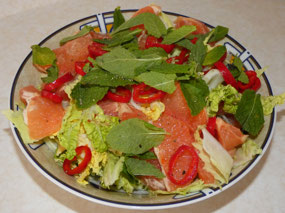
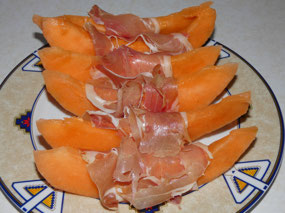
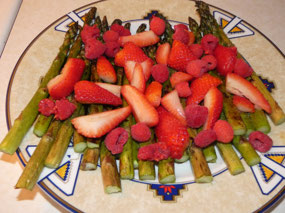
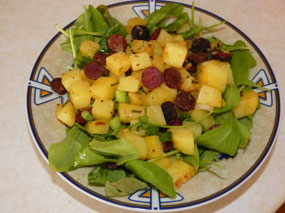
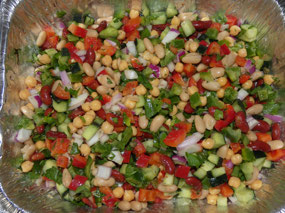
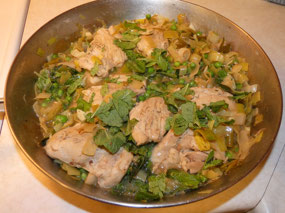
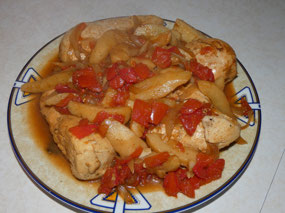
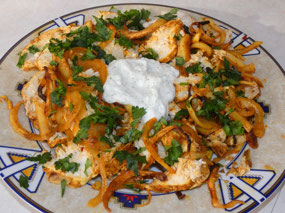
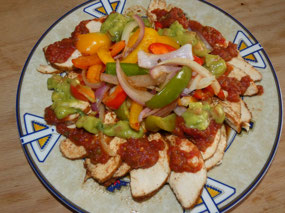
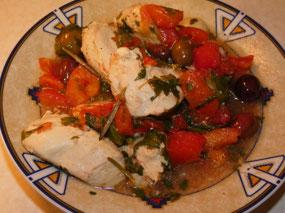
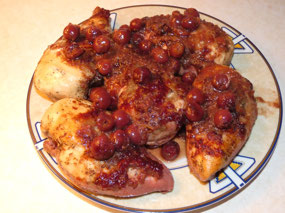
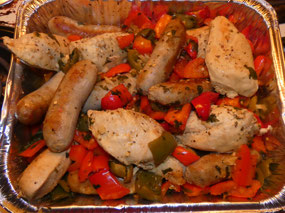
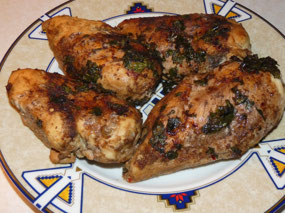
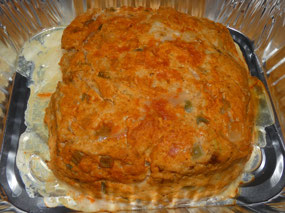
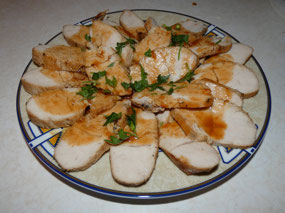
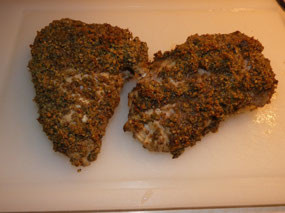
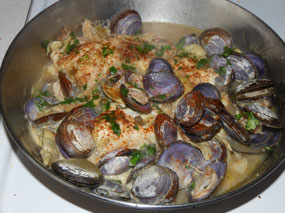
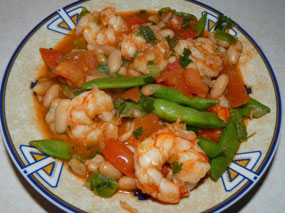
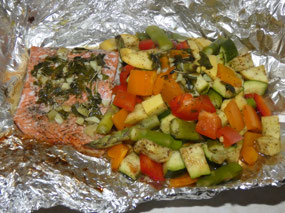
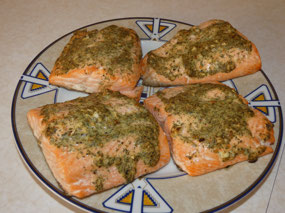
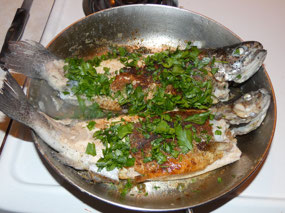
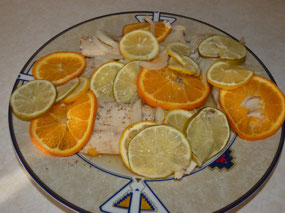
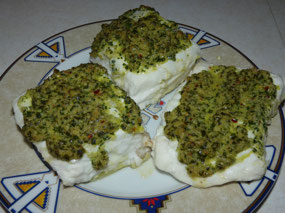
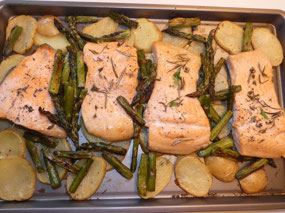
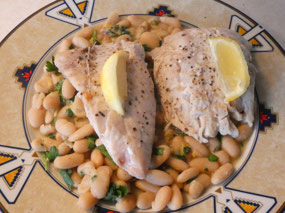
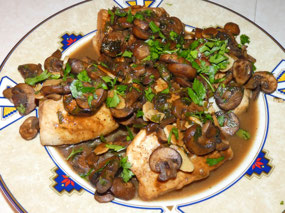
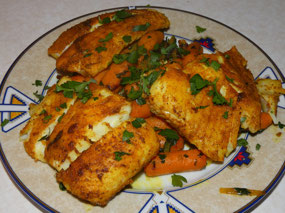
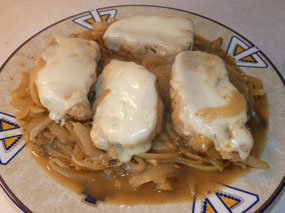
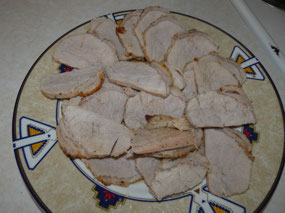
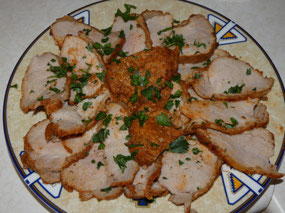
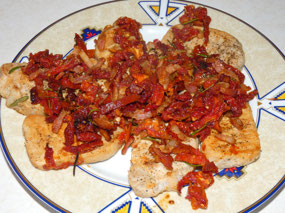
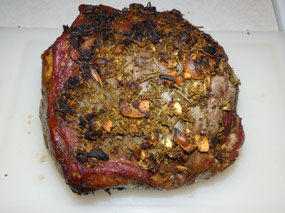
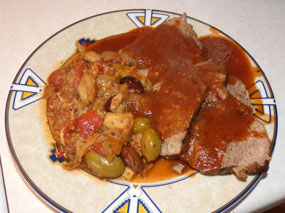
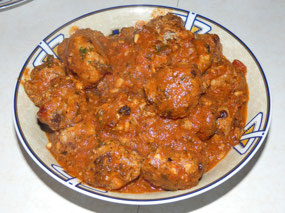
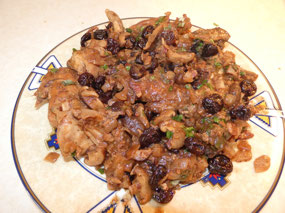
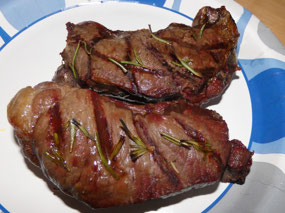
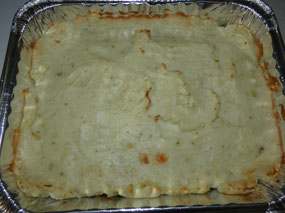
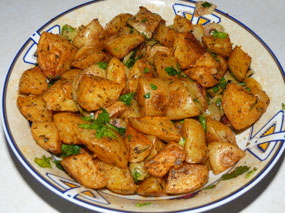
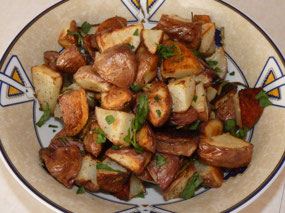
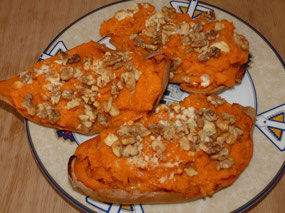
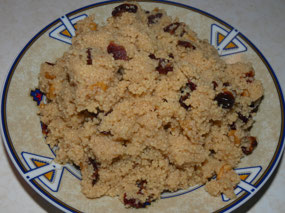
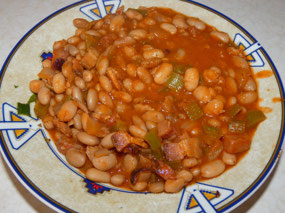
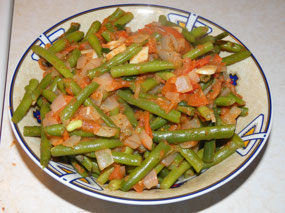
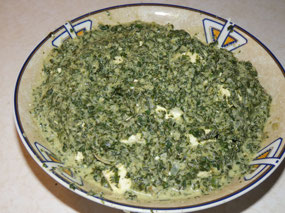
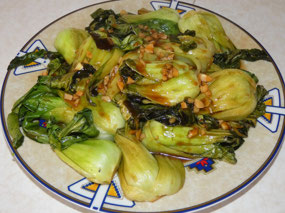
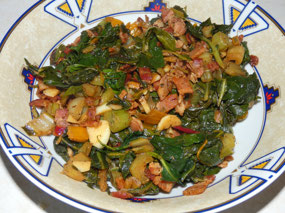
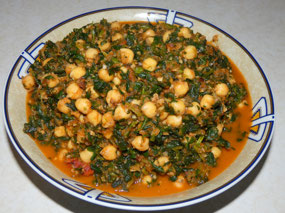
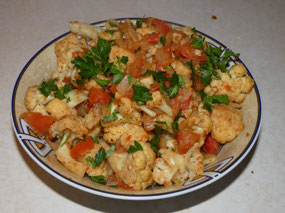
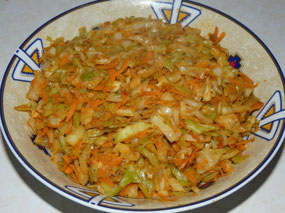
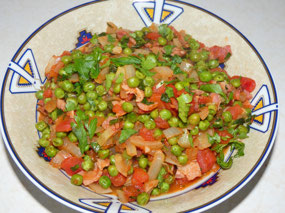
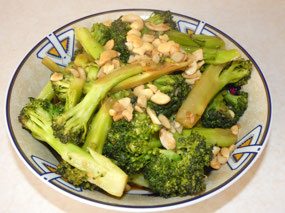
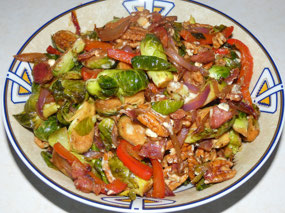
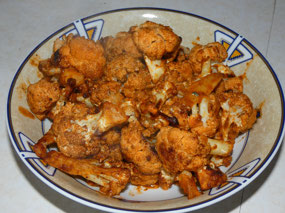
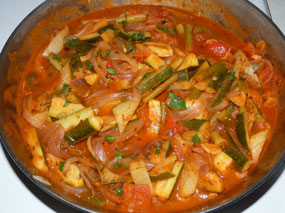
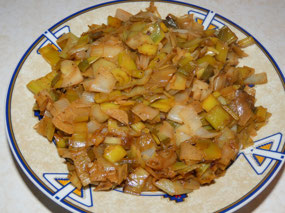
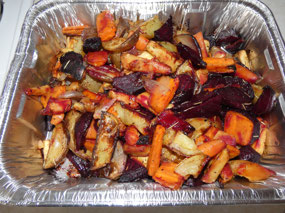
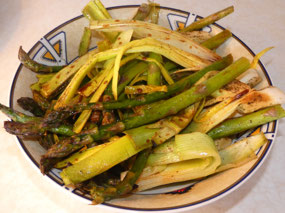
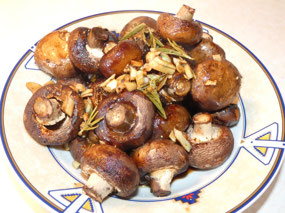
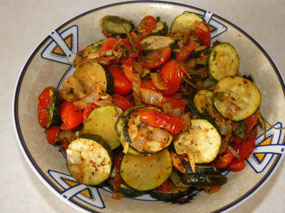
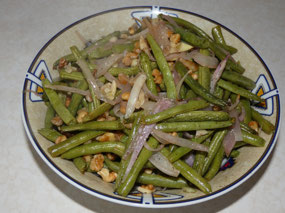
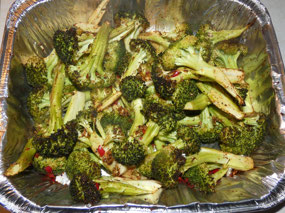
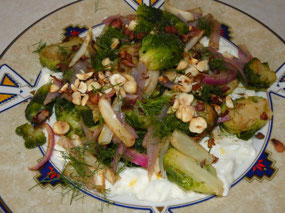
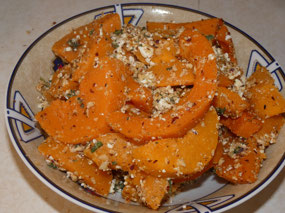
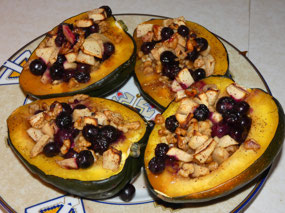
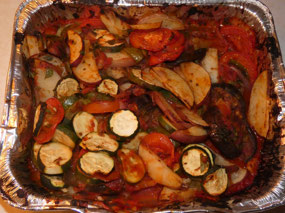
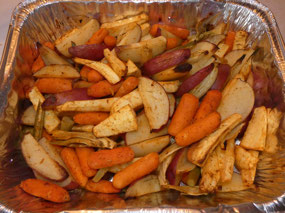
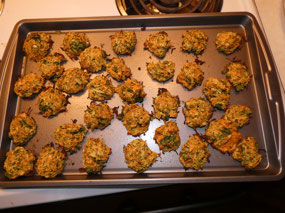
2025-05-22